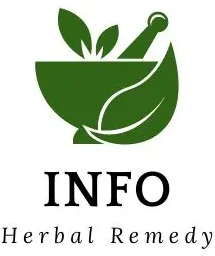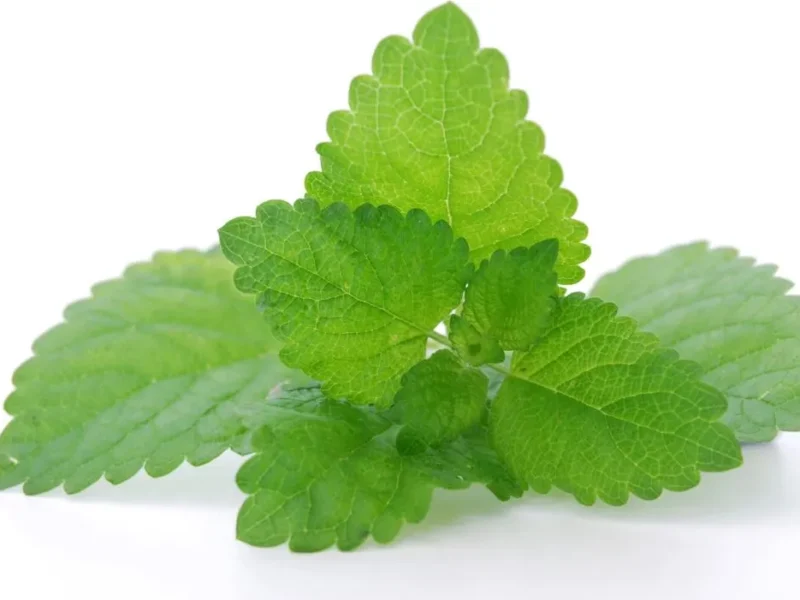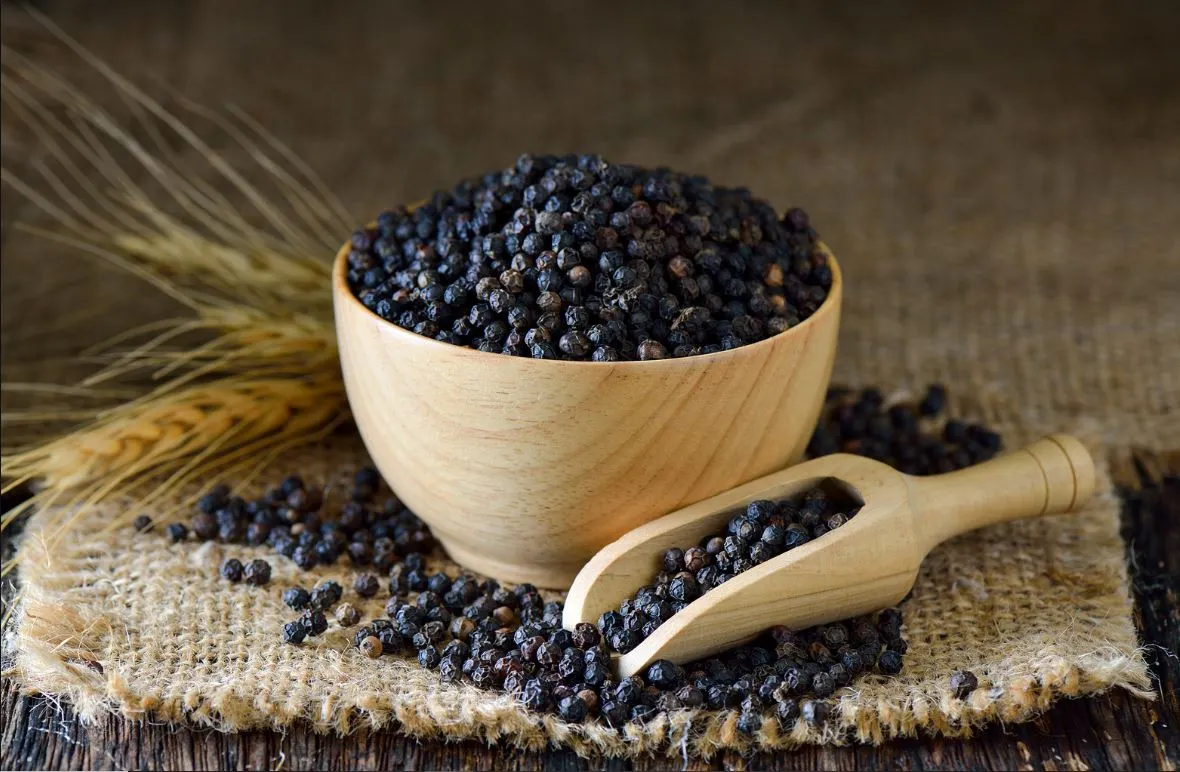“Is dandelion tea good for you?” has been the subject of numerous scientific inquiries recently. Taraxacum officinale, commonly known as dandelion, has been utilized in traditional medicine for centuries, but modern research is only beginning to unravel the complexities of its potential health benefits.
This article delves into the current scientific understanding of dandelion tea’s effects on human health, examining its chemical composition and physiological impacts.
Chemical Composition of Dandelion Tea
Dandelion tea is a rich source of various bioactive compounds, including:
- Sesquiterpene lactones: These compounds, including taraxinic acid and taraxacoside, are known for their potential anti-inflammatory and antimicrobial properties.
- Phenolic compounds: Dandelion contains caffeic acid, chlorogenic acid, and luteolin, which exhibit potent antioxidant activities.
- Inulin: A prebiotic fiber that may support gut health and improve digestion.
- Vitamins and minerals: Dandelion is a source of vitamins A, C, and K, as well as minerals such as potassium, calcium, and iron.
Potential Health Benefits of Dandelion Tea
Hepatoprotective Effects
One of the most studied aspects of dandelion tea is its potential hepatoprotective effects. Research suggests that the antioxidants present in dandelion, particularly chlorogenic acid and luteolin, may help protect liver cells from oxidative stress and inflammation.
A study published in the Journal of Ethnopharmacology (2010) demonstrated that dandelion extract could reduce lipid peroxidation and increase antioxidant enzyme activities in liver tissue, potentially mitigating liver damage.
Diuretic Properties
Dandelion tea has long been used as a natural diuretic. A small human study published in the Journal of Alternative and Complementary Medicine (2009) found that dandelion extract significantly increased urine output in healthy subjects.
This diuretic effect may be beneficial for individuals with fluid retention or mild hypertension, although more extensive clinical trials are needed to confirm these effects.
Anti-inflammatory Potential
The sesquiterpene lactones and phenolic compounds in dandelion have demonstrated anti-inflammatory properties in vitro and in animal studies. A study published in the International Journal of Molecular Sciences (2018) showed that dandelion extract could inhibit pro-inflammatory cytokine production and modulate inflammatory pathways.
These findings suggest potential applications in managing inflammatory conditions, though human studies are still limited.
Glycemic Control
Some research indicates that dandelion tea may have beneficial effects on blood glucose levels. A study in the Review of Diabetic Studies (2016) found that dandelion extract could inhibit α-glucosidase and α-amylase, enzymes involved in carbohydrate metabolism.
This inhibition could potentially lead to slower glucose absorption and improved glycemic control, although more research is needed to establish clinical relevance.
Prebiotic Effects
The inulin content in dandelion tea may contribute to its potential prebiotic effects. Prebiotics are non-digestible fibers that stimulate the growth of beneficial gut bacteria.
A study in the Journal of Functional Foods (2019) demonstrated that dandelion inulin could increase the population of Bifidobacteria and Lactobacilli in the gut, potentially supporting digestive health and immune function.
Related Guide: How Long Should I Take Milk Thistle to Detox Liver? A Comprehensive Guide (2025)
Safety Considerations and Potential Interactions
While dandelion tea is generally considered safe for most individuals, it’s crucial to consider potential interactions and contraindications:
- Allergic reactions: Individuals with allergies to plants in the Asteraceae family should exercise caution.
- Drug interactions: Dandelion may interact with certain medications, including diuretics, lithium, and some antibiotics. It’s essential to consult with a healthcare provider before consuming dandelion tea regularly, especially if taking medications.
- Oxalate content: Dandelion contains oxalates, which may be a concern for individuals prone to kidney stones.
FAQs
1. Is it okay to drink dandelion tea every day?
You can have dandelion tea daily. Geib states, “Recommendations are two to three times a day.” “Build it up gradually and begin your day with a cup of dandelion root tea. Due to its diuretic qualities, it may cause increased urination; thus, start slowly and give your body time to acclimatize.
2. What are the negative side effects of dandelion tea?
Dandelion may raise stomach acid and induce heartburn in certain individuals. Additionally, it could irritate the skin. Before consuming dandelion, those with kidney, gallbladder, or gallstones should speak with their physicians.
3. What does dandelion tea do for the body?
Vitamins A and C, which are abundant in dandelion tea, strengthen the immune system and promote the formation of healthy cells. Additionally, it improves our vision and lessens the indications of early aging. Vitamin K, which is vital for blood clotting and supports bone health, is also present in dandelions.
4. Is dandelion good or bad for kidneys?
One substance that might accumulate in the kidneys is oxalate. Dandelion may lessen the amount of oxalate excreted in urine. In principle, this might make those who already have renal issues more susceptible to difficulties.
Conclusion
The current body of scientific evidence suggests that dandelion tea may indeed offer several potential health benefits. Its rich composition of bioactive compounds, including antioxidants, prebiotic fibers, and vitamins, contributes to its potential hepatoprotective, anti-inflammatory, and digestive health-promoting properties.
However, it’s important to note that while many studies show promising results, much of the research has been conducted in vitro or animal models. More robust, large-scale human clinical trials are needed to definitively establish the efficacy and optimal dosage of dandelion tea for various health outcomes.
For individuals considering incorporating dandelion tea into their diet, it’s advisable to consult with a healthcare provider, particularly those with pre-existing health conditions or those taking medications. When consumed in moderation as part of a balanced diet, dandelion tea may contribute to overall health and well-being, but it should not be considered a panacea or a substitute for a healthy lifestyle and conventional medical treatments when necessary.
As research in phytomedicine and nutraceuticals continues to advance, our understanding of dandelion tea’s potential health benefits will likely evolve, potentially opening new avenues for its use in preventive and complementary medicine.



